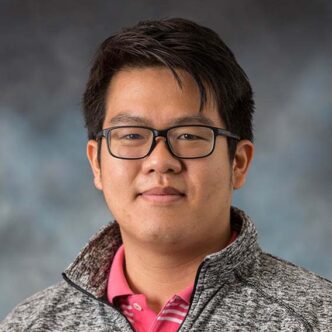Yu-Chun (Roy) Chang

Controlling Tissue Engineered Vascular Graft Development with Bisphosphonates
Summary
The tissue-engineering revolution has brought about several significant advancements in the field of congenital heart disease. In the treatment of hypoplastic left heart syndrome, surgical intervention is required to redirect blood flow in an infant. Current approaches utilize a synthetic vascular graft, one that is unable to grow with the child and prone to complications, such as infection and calcification. Over the past 15 years, the Breuer group has created and improved upon tissue-engineered vascular grafts (TEVGs), conduits that result in the formation of near autologous vessels; however, as it stands, the major barrier to the widespread adoption of these grafts is that of excessive tissue growth leading to narrowing of the conduit (i.e. stenosis). Numerous studies have since shown that TEVG development is largely mediated by host monocyte and macrophage response. These immune cells infiltrate the TEVGs and induce a signaling cascade that leads to development of new tissue. It is when this process is taken to the extreme that results in narrowing of the vessel. Thus, the key is to balance the degree of macrophage response to ensure proper graft development, while mitigating the creation of stenosis. This project seeks to utilize an already FDA-approved class of drugs to achieve this balance and allow for more rapid adoption of TEVGs.
It is a great honor to have been awarded this fellowship from the PhRMA Foundation. With it I have been able to pursue several novel experiments that not only provide valuable research data but have also been instrumental in allowing me to grow as a scientist. Furthermore, these successes are instrumental in the continual pursuit of my goal of becoming an independent investigator leading a translational research laboratory.
